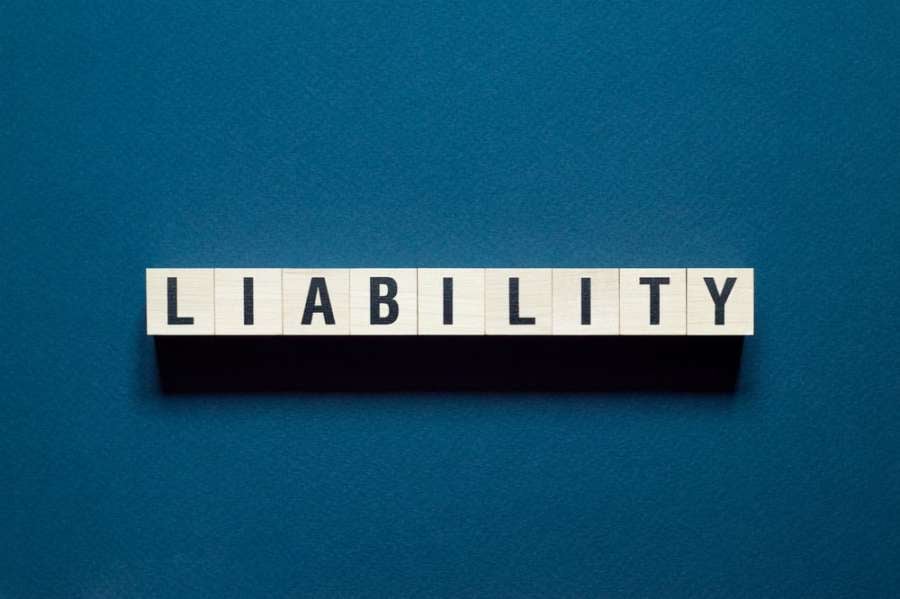The case takes a narrow approach to the liability of employers for the wrongdoings of their employees. This will be welcomed by employers, particularly those within the Hospitality and Leisure sector where there is potential for inappropriately misusing any equipment.
The case also highlights that there must be a sufficient connection between the employment and the incident in question for an employer to be held vicariously liable. However, when incidents occur in the workplace, it can be possible for a connection to be made. Therefore, it is also important to demonstrate that employees should know that high jinks or misuse of equipment is inappropriate and will not be tolerated.
Further, it is advisable to perform risk assessments to identify any foreseeable risks, including in the use of work equipment. In this case, Tarmac Cement had put in place general rules stating that no employer should intentionally or recklessly misuse any equipment, which the Court took into account in deciding there was no vicarious liability.
Businesses should ensure their policies and health and safety procedures are up to date. If you are a business and would like more information regarding vicarious liability, you can contact our specialist Hospitality and Leisure Team below.





